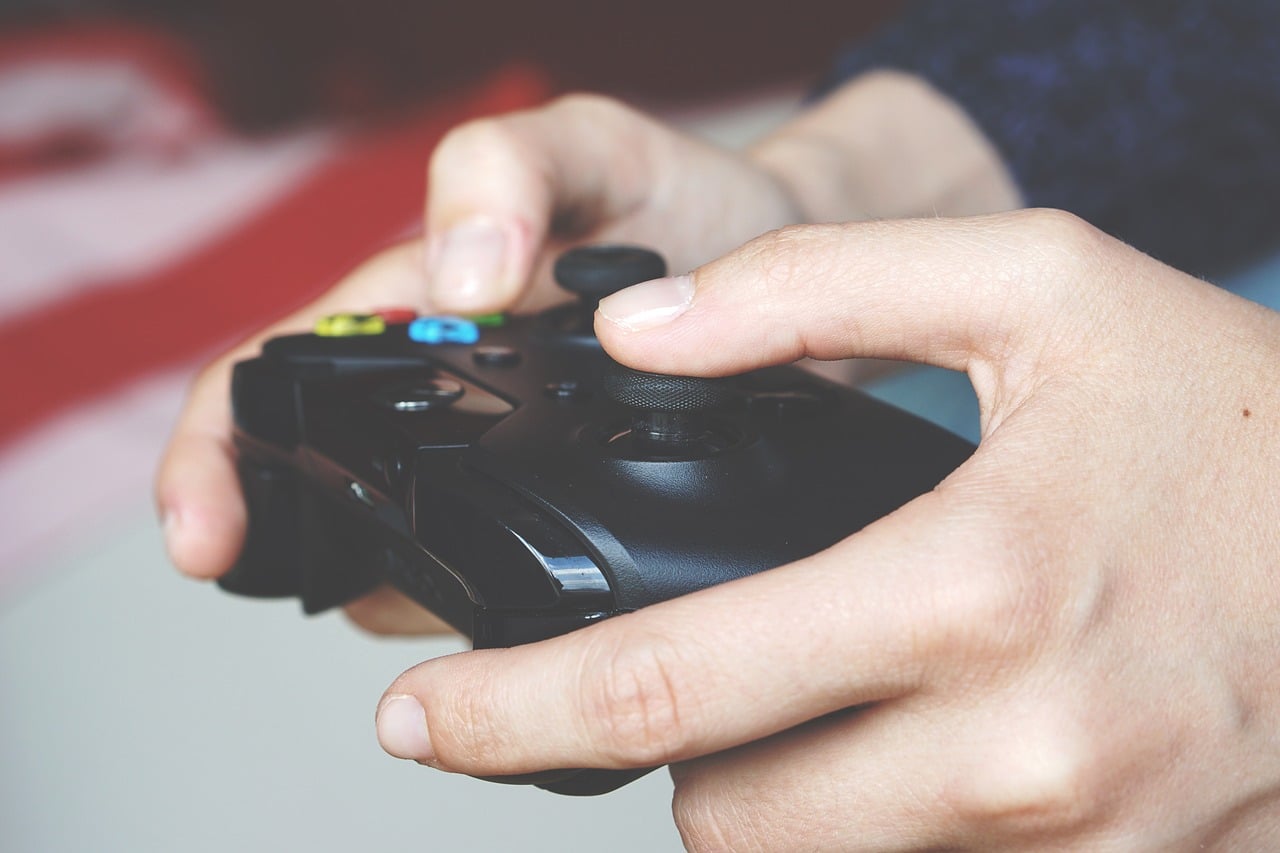President Donald Trump is meeting with executives from major video game publishers to talk about the violence that’s in the most popular titles. It’s unclear exactly what he wishes to accomplish from talking about video game violence, but what is clear is that yet another scapegoat for the recent high school shooting in Florida has been named.
The Washington Post initially reported that President Trump is pitting several gaming executives against some of their biggest critics today. Citing sources familiar with the meeting plans, the media outlet said Trump invited executives who lead the companies responsible for some of the most popular video games featuring realistic violence, such as Fallout and Grand Theft Auto. CNN later confirmed these invitees. Ironically, the next Call of Duty installment was also announced officially today, in step with the White House meeting on video game violence.
Facing off with video game executives, according to the Post, are Parents Television Council founder Brent Bozell and Republican Rep. Vicky Hartzler of Missouri, among other critics of video game violence. Meanwhile, Washington is split down party lines just as cleanly as it has been for a long time, with Republicans pointing harsh fingers at video game violence and Democrats writing it off as unimportant.
Today’s meeting is hardly the first time that lawmakers are scapegoating the video game industry for school shootings, and it probably won’t be the last. Although the issue is split along party lines, Ars Technica recalls the last time there was a major meeting of lawmakers regarding video game violence, and Republicans weren’t leading the charge then. Instead, it was Vice President Joe Biden under then-President Obama’s direction.
Biden reportedly called the video game executives they were meeting with “scumbags” before that meeting, which was held under very similar circumstances. The early 2013 meeting was scheduled in the wake of the shooting at Sandy Hook Elementary School in late 2012. Lawmakers will simply turn anywhere they can to find a scapegoat when senseless violence and school shootings occur—no matter which side of the aisle they work on—and it all ends up feeling so familiar.
President Trump and video game critics argue that video game violence is desensitizing children, but many argue that statistics just don’t prove that there’s a correlation between playing violent video games and carrying out violent acts in real life. In fact, an opinion piece in USA Today argues that video games are actually good for children.
Perhaps the most interesting statistic in support of this view comes from a study that was conducted by the Southern Economic Journal. The study reportedly found that incidences of violent crimes went down in the weeks right after a lot of hugely popular video games were released. It’s suggested that these games gave players a virtual outlet for their negative behaviors, enabling them to let their violent urges out in a game rather than in real life.
USA Today also makes an interesting argument for some benefits of playing video games, including some that do contain violence. For example, MMORGs (massively multiplayer online role-playing games) such as World of Warcraft promote team-building efforts, while Minecraft has been praised for how it breeds creativity among players. Additionally, research from Duke University and Harvard Medical School identifies some other benefits that proponents say can be gotten from playing video games, such as improving health and building education or learning recall. Other potential benefits include teaching career skills and improving multitasking abilities.
Granted, there are still some titles that are designed to be provocative, such as the Grand Theft Auto series, but at the end of the day, there’s really very little lawmakers can do as far as video game violence. Parents should be the ones on the front lines, serving as gatekeepers for what their children are allowed to play, but unfortunately, this doesn’t always happen. Even President Trump himself expressed shock at the level of violence he has observed in the media that his 11-year-old son Barron takes in, according to Reuters.





